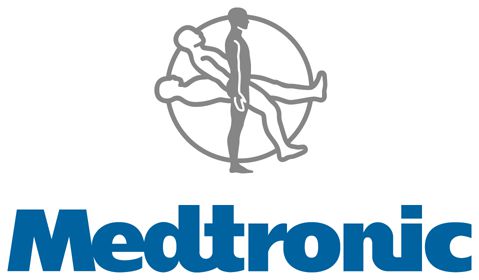
Medtronic PLC (NYSE:MDT) is issuing new instructions for its delivery system used to insert aortic valves, after an internal analysis established that 39 patients had blood vessel damage, with 19 of these cases resulting in fatalities as a result of the device. The company informed doctors that it would be voluntarily updating its instruction for using the ENVeo R delivery system. The new directive will be implemented in future physician training programs, while doctors who are already trained on how to use the device will be notified of the update.
As for now, the company has issued recommendations for minimizing risks when using the EnVeo R Delivery system. Doctors should not force the device if resistance is encountered and should instead use live-motion X-rays to identify twisted or calcified blood vessels. Doctors should also pay close attention to patients who may have complex or weakened arteries. The medical device giant warned customers worldwide about the risks of vascular trauma in transcatheter aortic valve replacement procedures involving the system.
The EnVeo R system is used to replace Medtronic’s CoreValve Evolut R aortic valve. The system won FDA approval in June 2015. Just two month later, Medtronic recalled more than 6,000 units due to the presence of particulate matter. The system normally retails at about $30,000 making it more expensive than others though it requires less recovery time than traditional surgery. In the U.S. the valves are only used in patients at high risk of complications from traditional surgery.
Vascular damage was not a common occurrence in aortic valve insertions. Though given the about 50% fatality rate of vascular trauma resulting from this procedure, it is essential to raise awareness of proper technique according to Gregory Helmer, cardiologist and director of the University of Minnesota transcatheter aortic valve placement program.
The FDA has classified Medtronic’s action as a Class II recall, though no products are being recalled as they are not defective.




